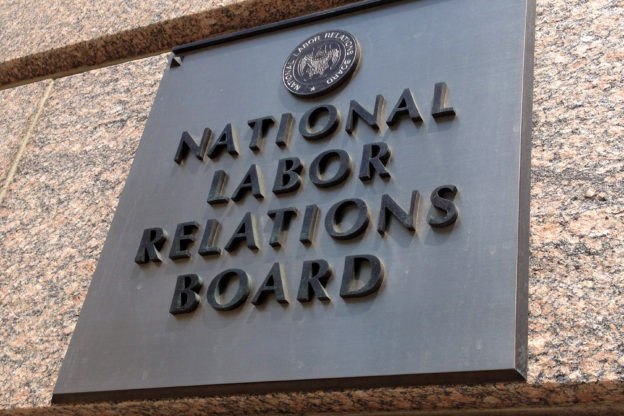
Steven Gutierrez
Late on August 28, 2018, President Trump nominated Mark Gaston Pearce to serve another term on the National Labor Relations Board (NLRB or Board). Pearce was appointed to the Board in 2010 by then-President Barack Obama for a partial term. He then served a full five-year term from 2013 until this week. Due to the expiration of Pearce’s term on August 27, 2018, the Board currently sits at four members, rather than the full five-member contingent.
As with all Board nominations, the Senate must vote to approve Pearce’s nomination before he may begin to serve a new five-year term. As a former union attorney, Pearce may face some opposition from management groups that see him as too pro-union. But the make-up of the five-member Board is traditionally comprised of three members who align with the president’s political party, in the current case, Republican, with the remaining two members aligning with the minority party. Currently, the three Republican members are Chairman John Ring, William Emanuel, and Marvin Kaplan. The lone Democrat, at least until Pearce or another person is confirmed, is Lauren McFerran whose term expires on December 16, 2019.
With the Board revisiting many hot button issues, such as joint-employer status and the use of an employer’s e-mail system for union activities, the Board members wield significant influence on workplace policies and potential employer liability for both union and non-union employers alike. We will keep you informed on Pearce’s confirmation as well as any other Board developments.





